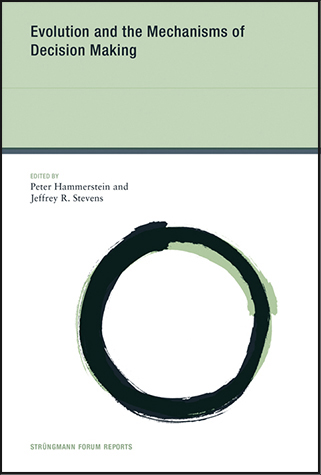- Home
- Publications
- Intrusive Thinking
- Deliberate Ignorance
- Youth Mental Health
- Neocortex
- Interactive Task Learning
- Agrobiodiversity
- Emergent Brain Dynamics
- Rethinking Environmentalism
- Cultural Nature of Attachment
- Investors and Exploiters in Ecology and Economics
- Computational Psychiatry
- Complexity and Evolution
- Pragmatic Turn in Cognitive Science
- Translational Neuroscience
- Trace Metals and Infectious Diseases
- Pathways to Peace
- Rethinking Global Land Use
- Schizophrenia
- Cultural Evolution
- Language, Music, and the Brain
- Evolution and The Mechanisms Of Decision Making
- Cognitive Search
- Animal Thinking
- Disease Eradication in the 21st Century
- Envisioning Healthcare 2020
- Dynamic Coordination
- Linkages of Sustainability
- Origin of Syntax
- Perturbed Clouds
- Better Than Conscious?
- Our Board
- Contact
- Impressum / Imprint
- Privacy Notice
- Publications
- Intrusive Thinking
- Deliberate Ignorance
- Youth Mental Health
- The Neocortex
- Interactive Task Learning
- Emergent Brain Dynamics
- Agrobiodiversity
- Rethinking Environmentalism
- Cultural Nature of Attachment
- Investors and Exploiters in Ecology and Economics
- Computational Psychiatry
- Complexity and Evolution
- Pragmatic Turn in Cognitive Science
- Translational Neuroscience
- Trace Metals and Infectious Diseases
- Pathways to Peace
- Rethinking Global Land Use
- Schizophrenia
- Cultural Evolution
- Language, Music, and the Brain
- Evolution And The Mechanisms Of Decision Making
- Cognitive Search
- Animal Thinking
- Disease Eradication in the 21st Century
- Better Doctors, Better Patients, Better Decisions
- Dynamic Coordination in the Brain
- Linkages of Sustainability
- Biological Foundations and Origin of Syntax
- Clouds in the Perturbed Climate System
- Better Than Conscious?

MIT Press »
Evolution And The Mechanisms Of Decision Making
Edited by Peter Hammerstein and Jeffrey R. Stevens
How do we make decisions? Conventional decision theory tells us only which behavioral choices we ought to make if we follow certain axioms. In real life, however, our choices are governed by cognitive mechanisms shaped over evolutionary time through the process of natural selection. Evolution has created strong biases in how and when we process information, and it is these evolved cognitive building blocks--from signal detection and memory to individual and social learning--that provide the foundation for our choices. An evolutionary perspective thus sheds necessary light on the nature of how we and other animals make decisions. This volume--with contributors from a broad range of disciplines, including evolutionary biology, psychology, economics, anthropology, neuroscience, and computer science--offers a multidisciplinary examination of what evolution can tell us about our and other animals’ mechanisms of decision making. Human children, for example, differ from chimpanzees in their tendency to over-imitate others and copy obviously useless actions; this divergence from our primate relatives sets up imitation as one of the important mechanisms underlying human decision making. The volume also considers why and when decision mechanisms are robust, why they vary across individuals and situations, and how social life affects our decisions.
ISBN: 9780262018081
Photographie: U. Dettmar
Lektorat: BerlinScienceWorks
Additional support is gratefully acknowledged from Deutsche Forschungsgemeinschaft (German Science Foundation) and the Stiftung Polytechnische Gesellschaft Frankfurt am Main.
“The contributors to this volume, comprising leading authorities on the evolution of cognition, set out to forge a new decision theory by integrating insights from evolutionary theory and cognitive science. The fledgling Darwinian approach that they propose seeks to go beyond what traditional economic decision-making, associative learning or evolutionary psychology achieved on their own, yet draws on relevant findings from each of these schools. Evolution and the Mechanisms of Decision Making is a refreshingly sensible and stimulating cocktail, in which evolutionary theory is instructive but not omnipotent, associative learning is central but no panacea, cognitive architecture is fashioned by selection but not massively modular, and neither mechanism nor function is viewed as subservient to the other.”
—Kevin Laland
Professor of Biology, Center for Social Learning and Cognitive Evolution, University of St. Andrews